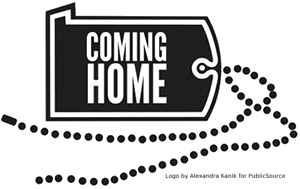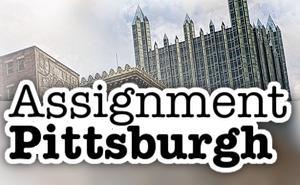Supporters of hostels are trying again to make a go of it in Pittsburgh.
Hostels may be similar to hotels in spelling and general concept, but that’s about it. Hostels are significantly lower in cost and luxury, usually being like dormitories and appealing to young travelers or backpackers who seek a more personal stay.
The most recent hostel in Pittsburgh closed in 2005 due to low occupancy rates, but the concept is returning to the area in the space above the Beehive at 13th and East Carson Street on the South Side.
Anne Marie Toccket, Project Director for the Pittsburgh Hostel Project, said the space is “raw,” but when completed, it will have a “slick look.”
“The building is actually a historic building,” Toccket said. “Really cool old windows, really cool interior look, so we’re excited to maintain that while outfitting it with the coolest modern conveniences, really smart design.”
Toccket said they hope to build a large communal kitchen area so people can “connect over food,” as well as create a rooftop space for the travelers. The project’s budget is currently $1 million, half of that coming from the building’s owner, the remainder in foundation, county, and state grant support.
“I think the foundation community here in Pittsburgh will absolutely be excited to fund this kind of thing,” Toccket said. “It furthers Pittsburgh as a tourist destination, it furthers Pittsburgh as a global point of exchange and it adds another element to what we already have going here.”
Toccket said the owner will receive rent from the hostel so that he can repay his loan. Once finished, nightly room costs are expected to be around $25 for a single bed in a shared bedroom with up to eight beds and $75 to $80 for a double.
Toccket said one of the main goals for the hostel is to connect it with the Great Allegheny Passage (GAP) bike trail on the nearby riverfront by having amenities like bicycle storage. GAP connects Pittsburgh to Washington, D.C.
“The Northeast corridor here from Boston to D.C. is the strongest hostel industry in the Unites States,” Toccket said. “I think we can definitely make Pittsburgh part of that.”
Toccket said the project should be completed near the end of 2013 or early 2014.






